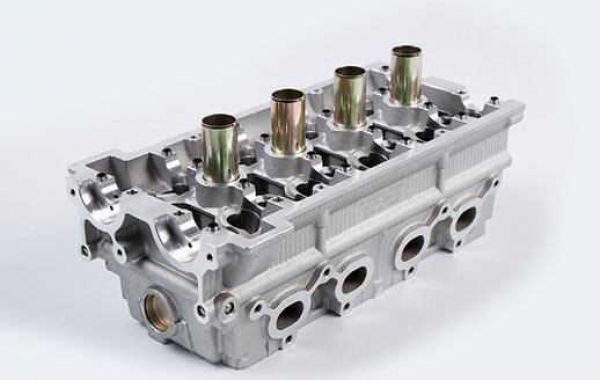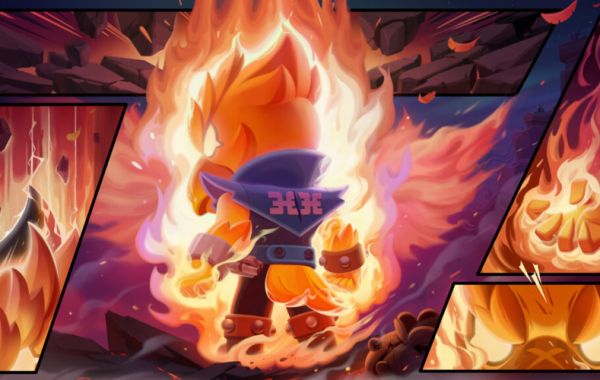Magnesium die casting is a specialized technique for manufacturing intricate and high-precision metal components. It involves injecting molten magnesium alloy under high pressure into a specially designed steel mold (die). This rapid injection process allows the magnesium to solidify quickly within the mold cavity, taking on the complex shape of the die.
The primary advantage of magnesium die casting lies in the unique properties of magnesium itself. Magnesium is incredibly lightweight, making it a dream material for applications where weight reduction is paramount. This is especially valuable in the aerospace and automotive industries, where every pound shed translates to improved fuel efficiency and performance.
But being lightweight isn't the only trick up magnesium's sleeve. Magnesium alloys used in die casting also boast an impressive strength-to-weight ratio. In simpler terms, they manage to be remarkably strong for their weight, surpassing even some heavier metals in this aspect. This combination of lightness and strength makes magnesium die castings ideal for components that require both durability and minimal weight.
The die casting process itself offers additional benefits. The high pressure and precision of the technique ensure that the resulting magnesium parts are dimensionally accurate and consistent, even for intricate shapes. This eliminates the need for extensive post-processing and reduces manufacturing waste. Furthermore, magnesium die castings are known for their excellent machinability. They can be easily machined for additional features or to achieve tighter tolerances, adding to their versatility.
However, it's important to acknowledge some limitations of magnesium die casting. Magnesium is a more reactive metal compared to aluminum, a common die casting material. This reactivity necessitates special handling and storage precautions to prevent corrosion. Additionally, the selection of magnesium alloys suitable for die casting is somewhat limited compared to aluminum alloys. Finally, magnesium can be more expensive than some alternative materials, and its flammability at high temperatures requires careful safety measures during the casting process.
Despite these limitations, magnesium die casting remains a valuable technique for producing lightweight, high-strength, and dimensionally accurate components across various industries. From automotive parts and aerospace components to consumer electronics and medical devices, magnesium die castings play a vital role in modern manufacturing. For more information, please click here: From Molten Metal to Precision Parts: Exploring the Magnesium Die Casting Process.








